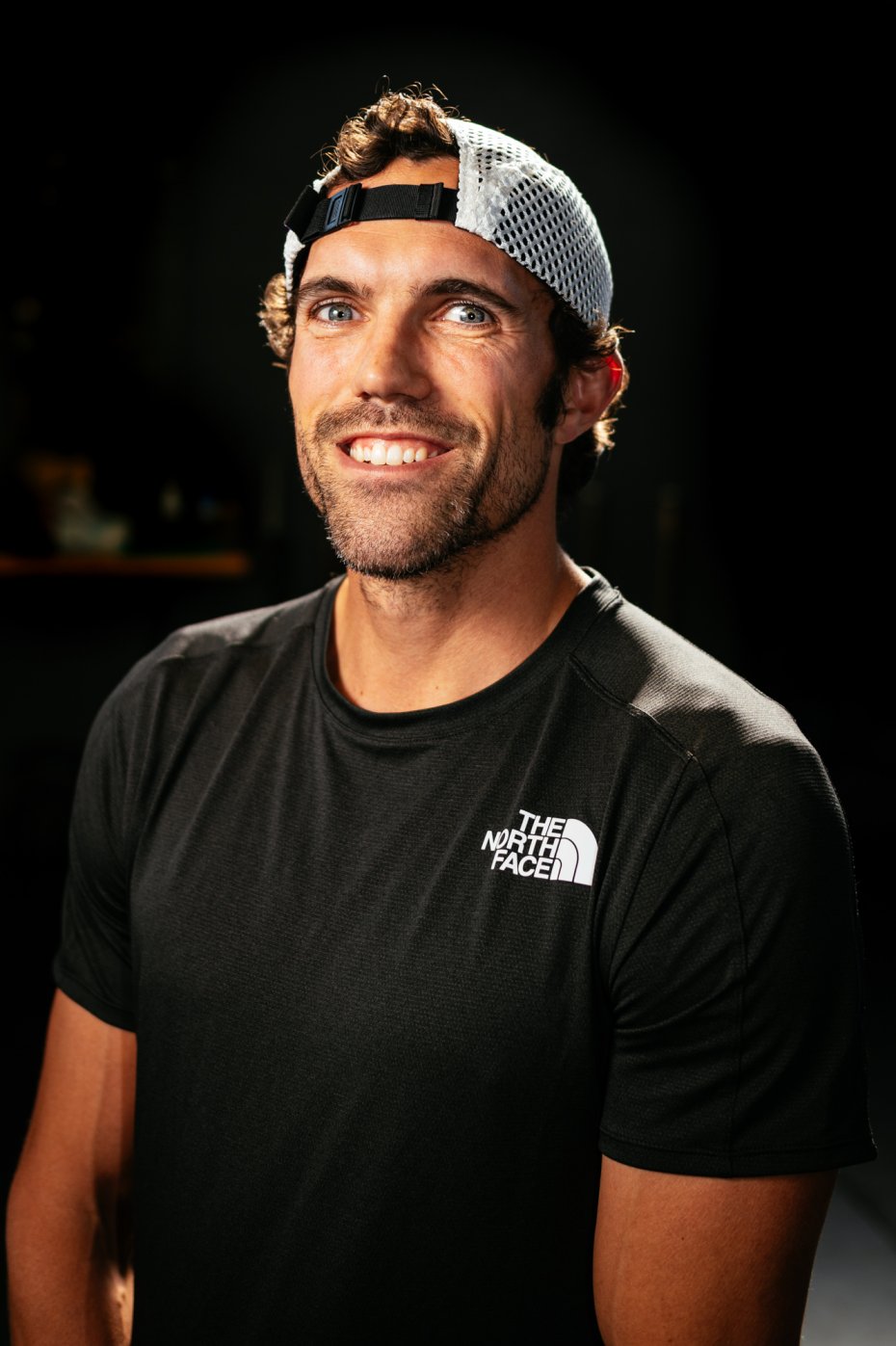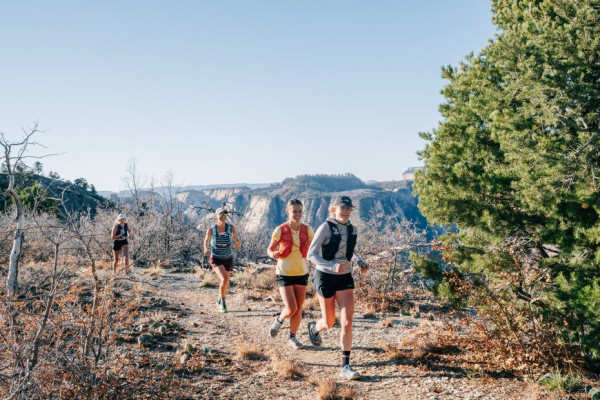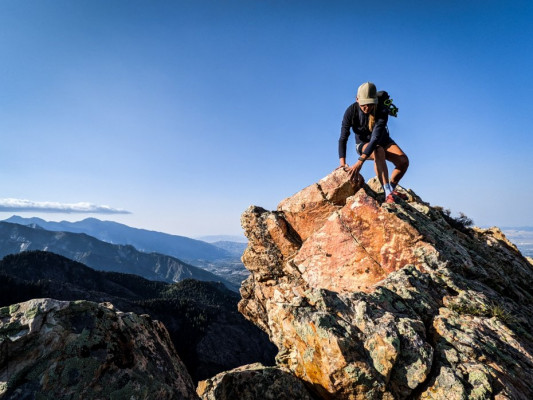12/9/2021 Back to the Basics: How to Properly Recover
By Jimmy Picard, physical therapist, performance coach, and owner of Redefine PT
Recently, with the advent of social media, the world of running recovery gadgets and tricks has once again exploded. I am constantly getting ads with professional athletes promoting the latest contraption, CBD oil, or special supplement. On Instagram you find influencers posting pics in their fancy pneumatic compression pants or using the latest gizmo claiming amazing benefits.
The world seems to want fancy recovery tools - the quick fixes and instant relief. But what does science have to say about all these new toys and interventions? Do they actually help us recover faster?

In her book, Good To Go, Christie Aschwanden did a fantastic job answering that question. She thoroughly reviews the literature and puts the recovery tools to the test. From foam rolling to ice baths, she covers it all. The results are no big surprise - there is very little evidence to support that these tools significantly improve recovery. I highly recommend you read the book for more details, but she sums it up nicely with this:
"I've come to think that different recovery modalities just represent variations on the same few approaches to recovery -- soothing your muscles and body so you feel better (even if nothing is actually changing in a physiological sense), providing a ritual for taking care of yourself that gives you a sense of autonomy and self-efficacy (what many people think of as being proactive), and finally, creating a formalized way to stop everything else and help you focus on resting."
The bottom line is that the basics should form the foundation of your recovery - just as I learned from my track coach in grade school.
Here they are, broken down into three easy-to-follow guidelines:
Sleep is arguably the most important recovery tool out there and it’s free. Studies have shown that sleeping less than 8 hours a night doubles your risk of injury (Milewski et al 2014). If you’d like more information on the value of sleep I would encourage you to read Matthew Walker’s book, Why We Sleep.
Secondly, rest and relaxation are essential for recovery. Training puts physical stress on our bodies but it’s not only the physical stress that we need to recover from. Stress is stress and our body doesn’t care if it’s physical or mental stress. So, it is important to make sure you have a way to unwind post exercise. This can be sitting around chatting with friends or putting your feet up on the sofa and watching Ted Lasso.
Last but not least, eat some good food and drink water. I’m not a dietitian and don’t play one on the internet, so my advice here is simple - eat healthy foods and drink plenty of water. And don’t be afraid to occasionally eat some “junk” food as a reward. Remember, all things in moderation.
If you aren't doing these things well I wouldn't even think about spending money on the "fancy" stuff. Nail down the basics first then you can consider adding more to your routine. Keep in mind that adding more has the potential to add more stress to your life and that’s the opposite of recovering.
Running coach and researcher, Steven Magness, said it well, "If I'm trying to get into 'recovery mode,' I'm essentially trying to turn off. But if now all of a sudden I'm rushing to the cryosauna or I'm jumping into the ice bath and if I'm worried about spending the next 30 mins going through a stretching and rolling routine, those are all active things where my mind is engaged."
Instead of shutting down and recovering, the recovery is turning into a stressor. This is what happened to me back in college when I was convinced to spend massive amounts of time self-massaging with the stick, consuming post-run recovery drinks, taking regular ice baths, getting deep tissue massage, and spending many post-run sessions lying on my back with feet elevated as high as I could get them up the wall..
Nowadays, after years of experimenting, I officially plan to stick to my middle school ways of prioritizing just the basics. Recovery tools and fads have come and gone since then, but these guidelines remain solid as ever. Thanks coach!
-------

Jimmy Picard is a SLC-based physical therapist and performance coach who recently opened Redefine PT to specifically treat runners, skiers, and other mountain athletes. Through this work, he elevates athletes to perform at their peak. Personally, he has competed in races such as Run Rabbit Run 100, Speedgoat 50k, Power of Four, Wasatch Powderkeg, and Crowbar. Check out his work at https://redefine-pt.com/ and on Instagram at @redefinephysio. If you want help training for a race or need to recover from a nagging injury, feel free to reach out.
Comments

12/21/2021
Women of the Wasatch







